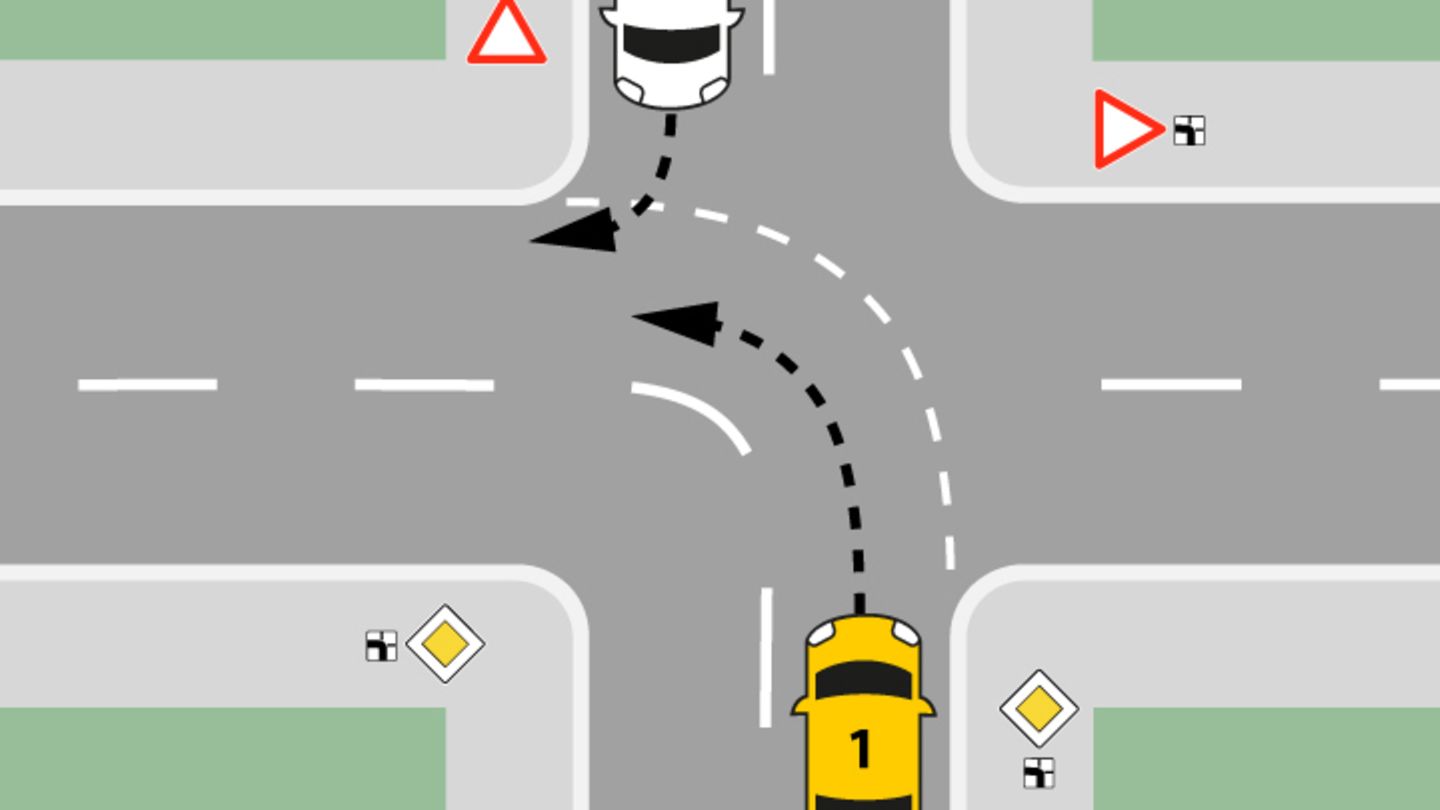The ÖAMTC travel monitoring 2024 has shown that 6 out of 10 respondents are drawn to the sea in summer. Sun, beach and good food – that’s what attracts them. Most people drive to their holiday destination in their own car. To ensure that everything goes smoothly and without complications, ÖAMTC travel expert Yvonne Polasek has tips on tolls, driving bans, fines abroad and souvenirs.
On the topic: Everyone wants to go on holiday, but most people are more concerned with money (OÖNplus)
Italy
- Toll route: There are three toll systems in Italy. For the free flow system north of Milan on the A36, A59 and A60, it is advisable to register online in advance to enable electronic toll payment. “If you are not registered in advance, payment must be made within a maximum of 15 days afterwards,” says Polasek.
- Fdriving bans: If you want to visit one of the historic city centers in Italy, you should know the “ZTL”, the “Zona traffico limitato”. In principle, entry into ZTL zones is prohibited. Without special permission to enter, you face a fine of around 100 euros. “If the hotel you have booked is located within a ZTL, you must apply for temporary authorization through the hotel in good time.”
- Amalfi coast: On the popular Amafitana coastal road between Vietri sul Mare and Positano, driving bans based on license plates are in effect again on all weekends between July 15th and 31st and October 1st and 30th, as well as throughout August and September. If your license plate ends with an even number, you are prohibited from driving on the coastal road on even days, and if your license plate ends with an odd number, you are prohibited from driving on odd days. This rule applies from 10 a.m. to 6 p.m. There is still a year-round driving ban for campers and trailers from 6:30 a.m. to midnight.
- Penalties abroad: Anyone driving a car in a holiday destination should find out about the applicable traffic regulations. Traffic rules and the amount of the fines can differ from those at home. “In Italy, a speeding violation of 20 km/h costs at least 175 euros, and at night it is a third more. If you drive with a blood alcohol level of at least 1.5 per mille, the vehicle can even be confiscated – provided the driver and the owner are the same,” says Polasek. Fines are forwarded to the home country and must be paid.
- Sand and shells as souvenirs: You are not allowed to simply help yourself to sand and shells on Italian beaches: According to the Italian tourist office ENIT, the local shipping law (Codice di Navigazione) prohibits taking sand and shells with you.
Read also: “It is unlikely that a litre of petrol will ever cost one euro again” (OÖNplus)
This poll is disabled
Please activate the category Targeting cookies in your cookie settings to display this element. My cookie settings
Croatia
- Transit Slovenia: “If you drive to Croatia via Slovenia, don’t forget the digital Slovenian motorway vignette,” reminds the travel expert. It is important to have the purchase receipt or invoice for the vignette with you, as these are used to verify the validity and proper purchase. The vignette for Slovenia is also available from the ÖAMTC. A weekly or monthly ticket must be purchased: Slovenia does not offer a daily vignette.
- Toll obligation: Motorways in Croatia are subject to tolls for all motor vehicles. When entering the motorway, a ticket must be taken, which must be kept and paid until leaving the motorway. The amount of the toll depends on the distance travelled and the vehicle category. Payment can be made in cash or by credit or debit card.
- Park: Not only parking in an illegal place, but also without a ticket can be particularly expensive in Croatia: Club members are still receiving demands for around 200 euros because they parked without a ticket on holiday in Croatia years ago. Therefore: Make sure you find out exactly what you are doing on site. “In general, all paid tickets and receipts for tolls and parking fees should be kept at least online, e.g. scanned, for safety reasons, even after the holiday,” recommends Polasek.
- Shells and truffles as souvenirs: There are protected species of mussels and sea snails in Croatia – these may not be packed as souvenirs. In addition, unprocessed truffles may only be taken with the appropriate export permit.
Details on regulations regarding souvenirs around the world can be found here, and information about traveling can be found here.
My themes
For your bookmarked topics
new articles found.
info By clicking on the icon you add the keyword to your topics.
info
By clicking on the icon you open your “my topics” page. You have of 15 keywords saved and would have to remove keywords.
info By clicking on the icon you remove the keyword from your topics.
Add the topic to your topics.
Source: Nachrichten




